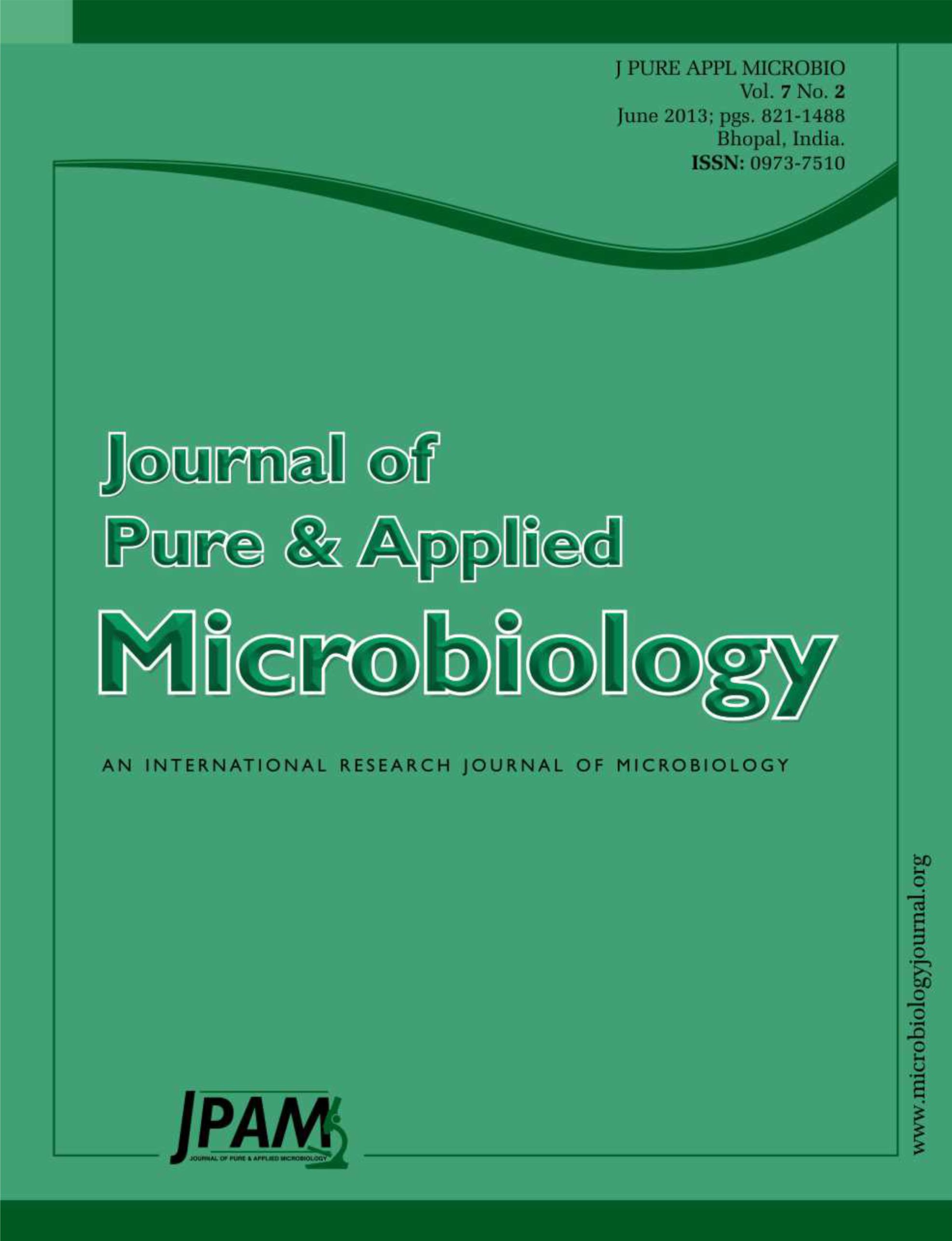Experimental evidence suggests that staphylococcal superantigenic enterotoxins are involved in arthritis. The aim of this study was to detect staphylococcal enterotoxins in synovial fluid of seronegative rheumatoid arthritis patients. A total fifty synovial fluid samples from patients with seronegative rheumatoid arthritis were analysed. A commercial sandwich-enzyme immunoassay for the detection of Staphylococcus aureus enterotoxins SET A, B, C, D and E were used. The samples were separately processed by Amicon Ultrafiltration system. The results were confirmed by western blotting test. The results indicated that, more than 60 percent of the synovial fluid smaples of the patients with rheumatoid arthritis have at least one of the staphylococcal enterotoxins. Based on our study, the most abundant enterotoxin seen in the synovial fluid of patients with rheumatoid arthritis were enterotoxin A, C, E, B and D respectively in order of presence. However, bacteriological culture was negative for Staphylococcus aureus isolation. The results showed the existence of Staphylococcal enterotoxins in the synovial fluid of seronegative rheumatoid arthritis patients. While none of the samples, bacterial growth was observed. This finding could provide a new test method to diagnosis of rheumatoid arthritis and was designed based on the specific treatment of disease. In addition, these findings suggest that, detection of Staphylococcal enterotoxins in synovial fluid as a new biomarker can help identify causes and select specific traetment options.
Elisa, Staphylococcus aureus, Enterotoxins, Western-blotting, Rheumatoid Arthritis, Seronegative
© The Author(s) 2014. Open Access. This article is distributed under the terms of the Creative Commons Attribution 4.0 International License which permits unrestricted use, sharing, distribution, and reproduction in any medium, provided you give appropriate credit to the original author(s) and the source, provide a link to the Creative Commons license, and indicate if changes were made.


